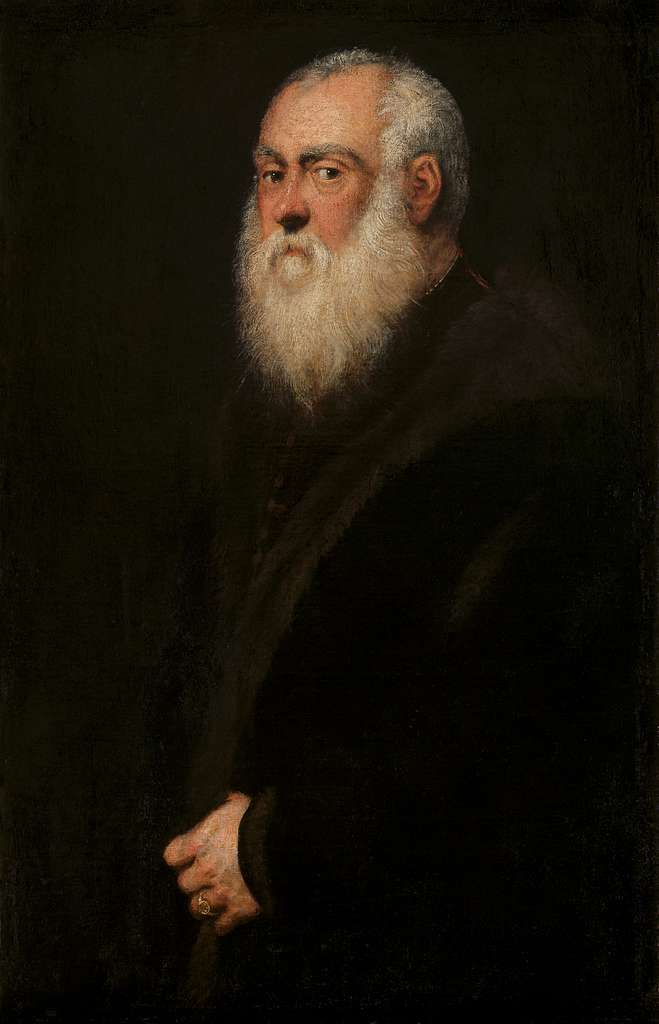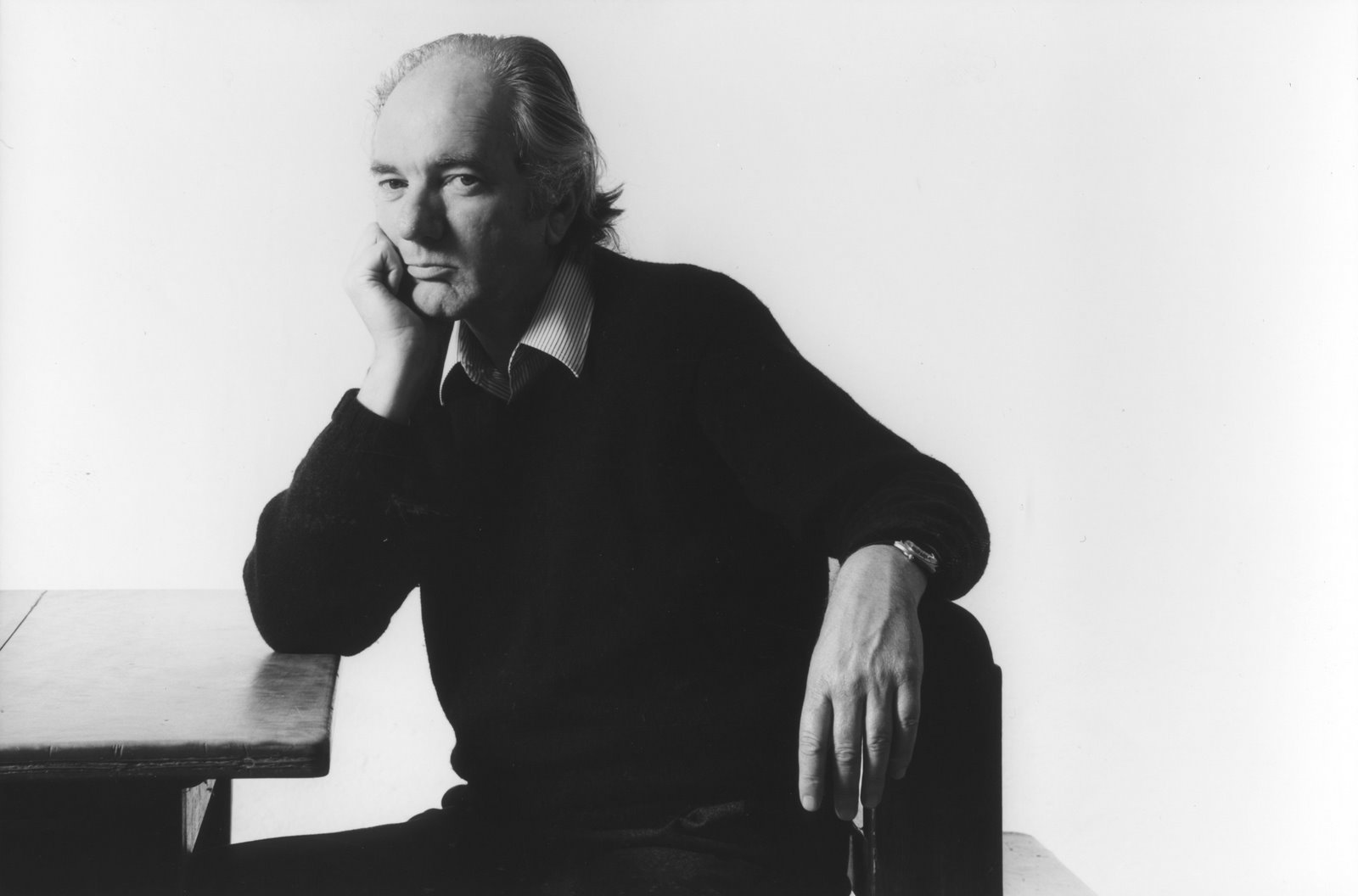The Frustrations and Revelations of Reger's Monologues

Thomas Bernhard’s Old Masters is a complex and challenging narrative, set in Vienna's Kunsthistorisches Museum. The book centers on the character of Reger, an elderly music critic, who has made it his routine to visit the museum every other day for over 30 years. The entire narrative unfolds through a single, extensive conversation between Reger and his acquaintance, Atzbacher, which reveals much about Reger’s critical and often pessimistic worldview.
Initially, the book can be difficult to read. Bernhard’s style, characterized by long, unbroken paragraphs and sentences that sometimes extend over several pages, mirrors the intensity and relentlessness of Reger’s thoughts. The narrative, free from chapter breaks or dialog tags, flows as a continuous stream of consciousness, delving deep into Reger’s critical ruminations on art, society, and life. His incessant criticisms of everything from the state of government to the mediocrity of artists and intellectuals can seem overwhelming and even tedious at times.
Reger's monologues often spiral into seemingly endless tirades, looping back on themselves in a way that can initially appear as curmudgeonly ramblings about the unchangeable and irksome aspects of society. His dialogue ranges from sharp critiques on the commercialization of art to the manipulation of society by state mechanisms, which, while compelling, can initially come off as overly cynical or dismissive without offering any solutions or alternatives. It's easy to understand why readers can find themselves frustrated or disenchanted, questioning the benefit or purpose of trudging through such a bleak perspective.
However, upon deeper reflection, Old Masters transcends its surface-level frustrations to engage with profound philosophical questions about the human condition. Reger’s exhaustive criticisms of society and culture form a philosophical stance against idolatry of any form, whether of art, individuals, or ideas. He proposes that blind veneration is not only misguided but dangerous, as it often obscures the inherent flaws and complexities of the subject. His perspective invites readers

Bernhard uses Reger's character to challenge the reader's patience and engagement, pushing us to consider why we often seek perfection and simplicity in a world that is inherently complex and flawed. The museum setting, with its array of masterpieces, becomes a symbol of this—art is both celebrated for its beauty and critiqued for its role in cultural and commercial mechanisms. Through Reger's eyes, we are urged to see beyond the curtain of superficial appreciations and to understand the deeper, often contradictory layers of meaning in art and life.
Reger’s critique of the idolization of public figures and influencers is particularly resonant in today's social media-driven culture. His arguments about the dangers of placing individuals on pedestals without criticism reflect a contemporary debate where public personas are often perceived separate from real-life complexities. His insights force us to confront the uncomfortable reality that our heroes and icons are as fallible as anyone else and that recognizing this is crucial to maintaining a critical, informed perspective of the world.
Old Masters is not just a novel about an old man in a museum; it is a dense, thought-provoking critique of culture, art, and the human propensity to seek simplicity in a complex world. Bernhard’s work challenges us to embrace this complexity and to think critically about the structures and figures we often blindly revere.
